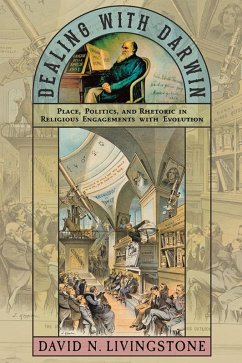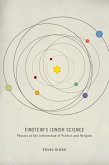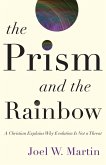How was Darwin's work discussed and debated among the same religious denomination in different locations?Using place, politics, and rhetoric as analytical tools, historical geographer David N. Livingstone investigates how religious communities sharing a Scots Presbyterian heritage engaged with Darwin and Darwinism at the turn of the twentieth century. His findings, presented as the prestigious Gifford Lectures, transform our understandings of the relationship between science and religion.The particulars of place-whether in Edinburgh, Belfast, Toronto, Princeton, or Columbia, South Carolina-shaped the response to Darwin's theories. Were they tolerated, repudiated, or welcomed? Livingstone shows how Darwin was read in different ways, with meaning distilled from Darwin's texts depending on readers' own histories-their literary genealogies and cultural preoccupations. That the theory of evolution fared differently in different places, Livingstone writes, is "e;exactly what Darwin might have predicted. As the theory diffused, it diverged."e; Dealing with Darwin shows the profound extent to which theological debates about evolution were rooted in such matters as anxieties over control of education, the politics of race relations, the nature of local scientific traditions, and challenges to traditional cultural identity. In some settings, conciliation with the new theory, even endorsement, was possible-demonstrating that attending to the specific nature of individual communities subverts an inclination to assume a single relationship between science and religion in general, evolution and Christianity in particular. Livingstone concludes with contemporary examples to remind us that what scientists can say and what others can hear in different venues differ today just as much as they did in the past.
Dieser Download kann aus rechtlichen Gründen nur mit Rechnungsadresse in A, B, BG, CY, CZ, D, DK, EW, E, FIN, F, GR, HR, H, IRL, I, LT, L, LR, M, NL, PL, P, R, S, SLO, SK ausgeliefert werden.









